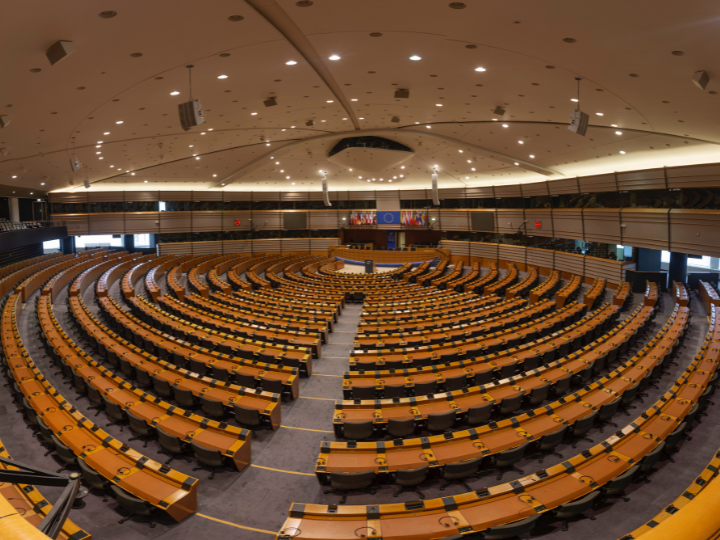by N. Peter Kramer
Last Sunday US President Joe Biden had a call with China’s President for the first time since taking office. ‘I spoke with President Xi today’, Biden said, ‘to wish him the best for the Chinese New Year’. He also shared his concerns about Beijing’s economic practices, human right violations and the pressure on Taiwan. However, the call was not only about the issues which divide the two countries, Biden also held open the possibility of cooperation on climate change and nuclear proliferation. The new President predicted later, in an interview broadcast on CBS, that the US-China rivalry will be an ‘extreme competition’ , although, he added, that he wants to avoid conflict between the two countries. Biden also said in the CBS interview that he told President Xi ‘I want to work with China if it works to the benefit of the American people’. (Doesn’t this sound like ‘America First’…)
Before the call with his Chinese colleague, Biden had begun to try to repair ties with US allies in order to work together on a joint plan to deny critical technologies to Beijing. US officials have argued that the technology competition between the US and China is one of the new administration’s main focuses. The American President also plans to continue his predecessor’s military pressure on China through naval exercises in the South China Sea and by sending ships through the Taiwan Strait among other actions.
In the week before the world leaders were on the phone, President Biden visited the Pentagon for the first time. During his visit he indicated already that he wants to work out a new ‘solid’ military strategy with regard to China; but he emphasised that he wants to give priority to diplomacy. ‘ I will never hesitate to use force to protect the vital interests of the American people and our allies if necessary’ he stated. ‘But I also think that violence should be the last resort’.
It is interesting for the EU that Biden, during the telephone conversation with Xi Jinpeng expressed his ‘deep concerns’ about the ‘human rights violations’ in Xingjian, where the Uyghur Muslim minority lives. A very different approach to this human drama than signing an investment treaty with Beijing as the EU did recently.







